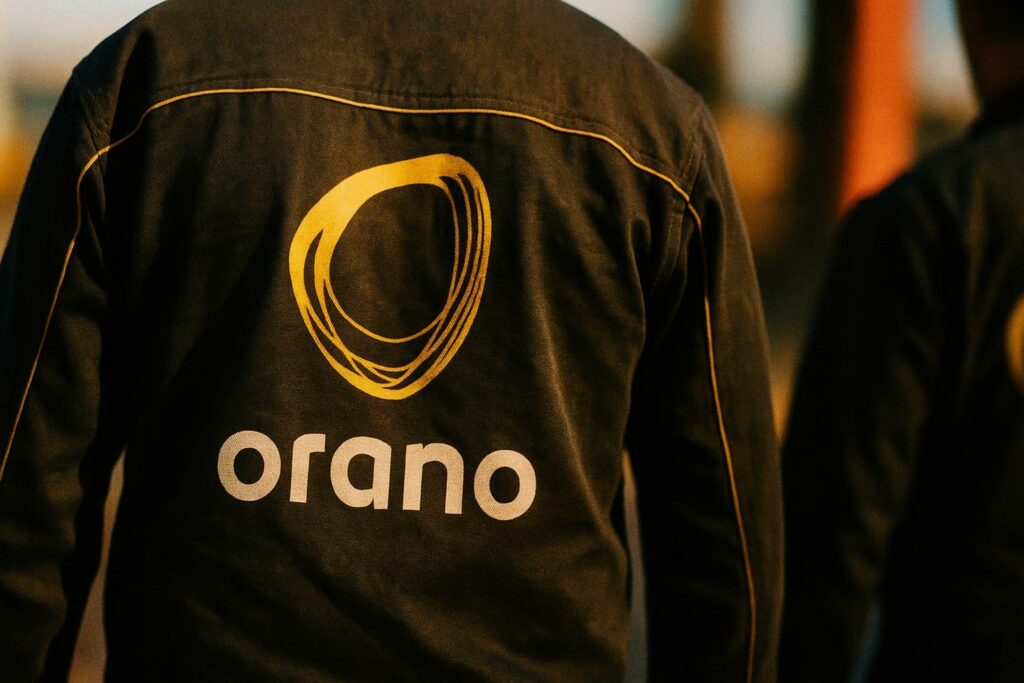Strained Franco-Nigerien Relations: A New Chapter
In a move emblematic of the growing tensions between Niger and France, the Nigerien government has announced the nationalization of Somaïr, a subsidiary of the French uranium giant Orano. The decision was broadcast by Niger’s National Television, following a council of ministers meeting that accused Orano of irresponsible and hostile behavior against Niger’s sovereignty. By this nationalization, Niger has asserted full ownership over Somaïr’s assets, an action that potentially exacerbates the already frosty relations between Niamey and Paris.
Geopolitical Ripples Beyond the Sahara
The nationalization of Orano’s subsidiary is not occurring in a vacuum but is part of a broader geopolitical shift that sees Niger seeking new alliances. With allegations flying between France and Niger—such as claims of supporting terrorism made by Niamey—without tangible evidence, the diplomatic discourse has become increasingly adversarial. Meanwhile, Niger’s warming relationships with nations like Russia and Iran suggest a pivot away from traditional Western partnerships. These developments are also set against a backdrop of frequent jihadi attacks within Niger’s borders, highlighting the complex security landscape.
Economic and Strategic Implications
Niger’s uranium resources, particularly the Imouraren site, one of the world’s largest deposits, remain a strategic asset in the country’s economic arsenal. However, the friction with Orano, in which the French state holds a significant interest, has led to multiple international arbitration proceedings. France’s loss of operational control of these lucrative mines adds urgency to the regional dynamics, especially as large volumes of uranium remain stranded over persistent border closures with neighboring Benin.
The Broader Context: Sovereignty and Resource Control
The nationalization aligns with the Nigerien junta’s broader strategy of asserting sovereignty over its natural resources, a stance that has seen the ejection of foreign military forces and the expulsion of international workers, including those employed by China’s Cnpcnp. Niamey’s rejection of perceived external interference speaks to a larger narrative of reclaiming agency amidst escalating geopolitical tensions. Yet, this nationalist tide may portend further isolation as international partnerships are redefined.
Navigating Future Conflicts and Opportunities
As tensions broil over nationalized resources, stakeholders worldwide keenly observe Niger’s steps. While nationalization may bolster domestic sovereignty, it risks alienating crucial international allies and investors. The challenge for Niger will be to navigate this delicate balance, forging new international partnerships while ensuring the stability and prosperity of its economy and its strategic position in a tumultuous Sahel region.

